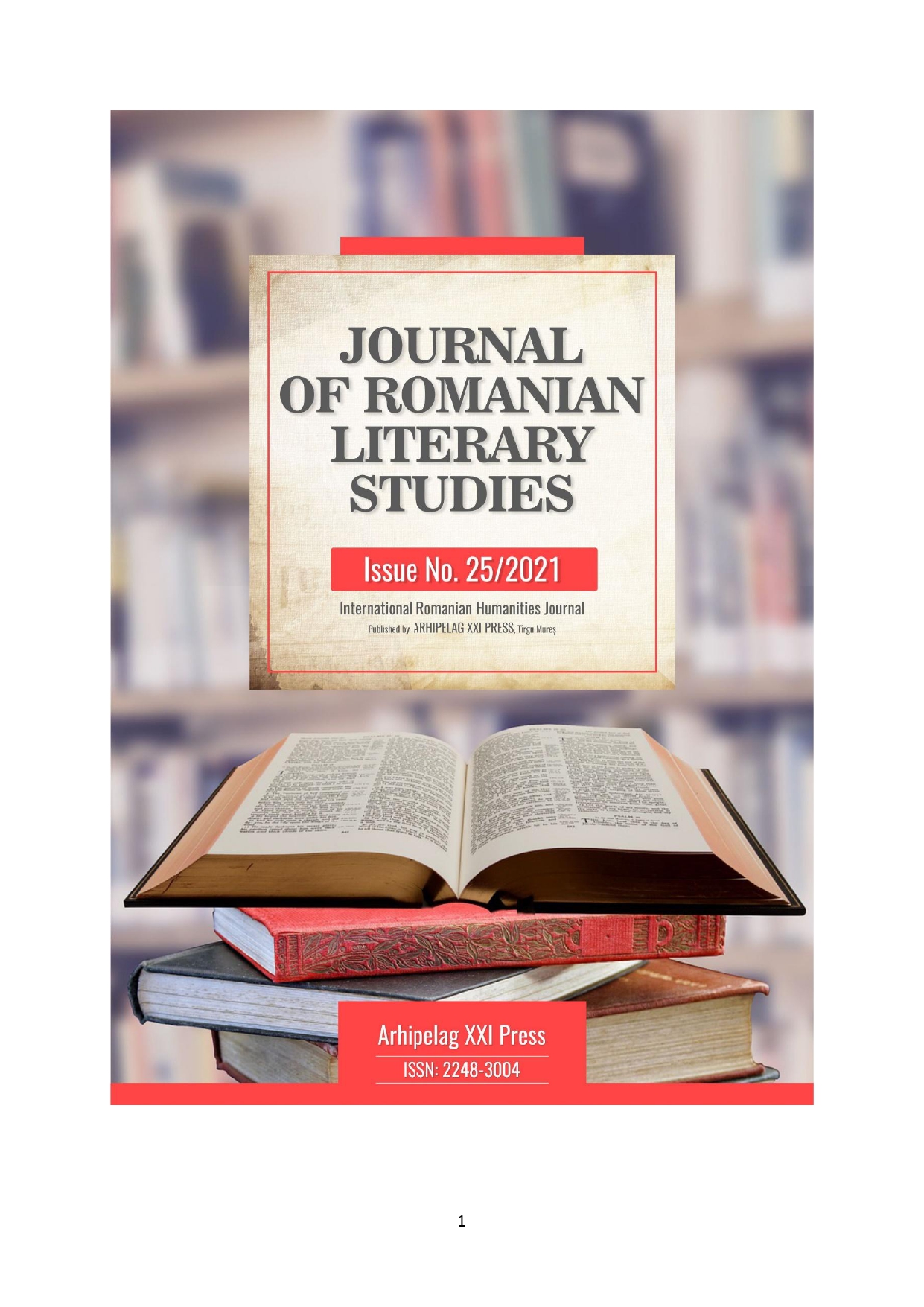EUROPEAN UNION POLICY IN THE FIELD OF SEARCH AND RESCUE AT SEA WITHIN THE ROMANIAN MARITIME COORDINATION CENTER’ ACTIVITY IN THE CONTEXT OF SECURING ROMANIAN’S PRESIDENCY AT IMO LONDON 2019
EUROPEAN UNION POLICY IN THE FIELD OF SEARCH AND RESCUE AT SEA WITHIN THE ROMANIAN MARITIME COORDINATION CENTER’ ACTIVITY IN THE CONTEXT OF SECURING ROMANIAN’S PRESIDENCY AT IMO LONDON 2019
Author(s): Anca Gabriela GlogoveanuSubject(s): History of Law, EU-Legislation, Maritime Law, Labour and Social Security Law
Published by: Editura Arhipelag XXI
Keywords: Maritime Coordination Center; training and education of seafarers; rescue; survival and modern communications; Romanian Naval Authority; European Union policy in the field of search and rescue at sea;
Summary/Abstract: The laws of nature have shown that great civilizations were born and prospered as a result of the exploitation of fertile lands and inland and sea waterways, which were established as means of communication and trade between different parts of the world, and the marine environment was one of the factors that favored this. Over time, the Black Sea has been a bridge between the mysterious and promising East rich in resources and the civilized West of old Europe. The sea, this blue window opens to the world, with which Romanian was blessed allowed the inhabitants of these lands to establish solid bridges of communication with many of the peoples of the world. Owen the years, across the Planetary Ocean in general and in the Black Sea in particular, the Romanian Navy has not been bypassed by storms, catastrophes and naval accidents, resulting in the sinking of dozens of ships and significant loss of life. Globally, rescue at sea has been and will be a constant concern, given that human resources are the most valuable assets and taking into account the time needed to train educate seafarers. These concerns have materialized over time by improving the buoyancy, unsinkability and stability of ships built, equipping them with modern rescue, survival and communications facilities and equipment, establishing bodies and services for surveillance, warning and intervention, in emergencies, and last but not least, the initial and international regulations on maritime safety, the shipbuilding industry has to face a factor that remains critical in the occurrence of maritime accidents, human error.
Journal: Journal of Romanian Literary Studies
- Issue Year: 2021
- Issue No: 25
- Page Range: 1265-1278
- Page Count: 14
- Language: Romanian

